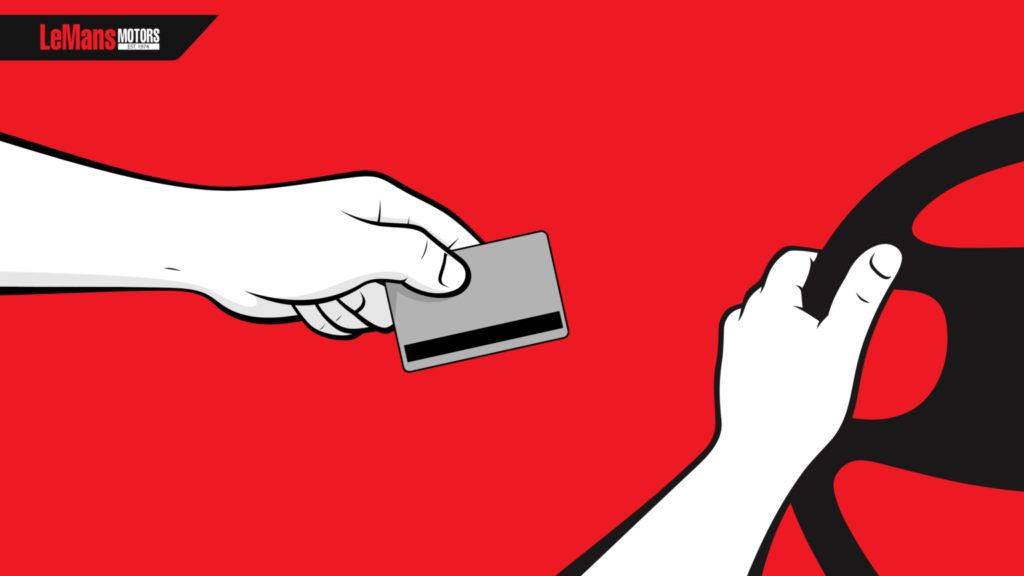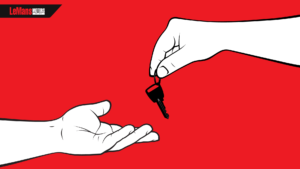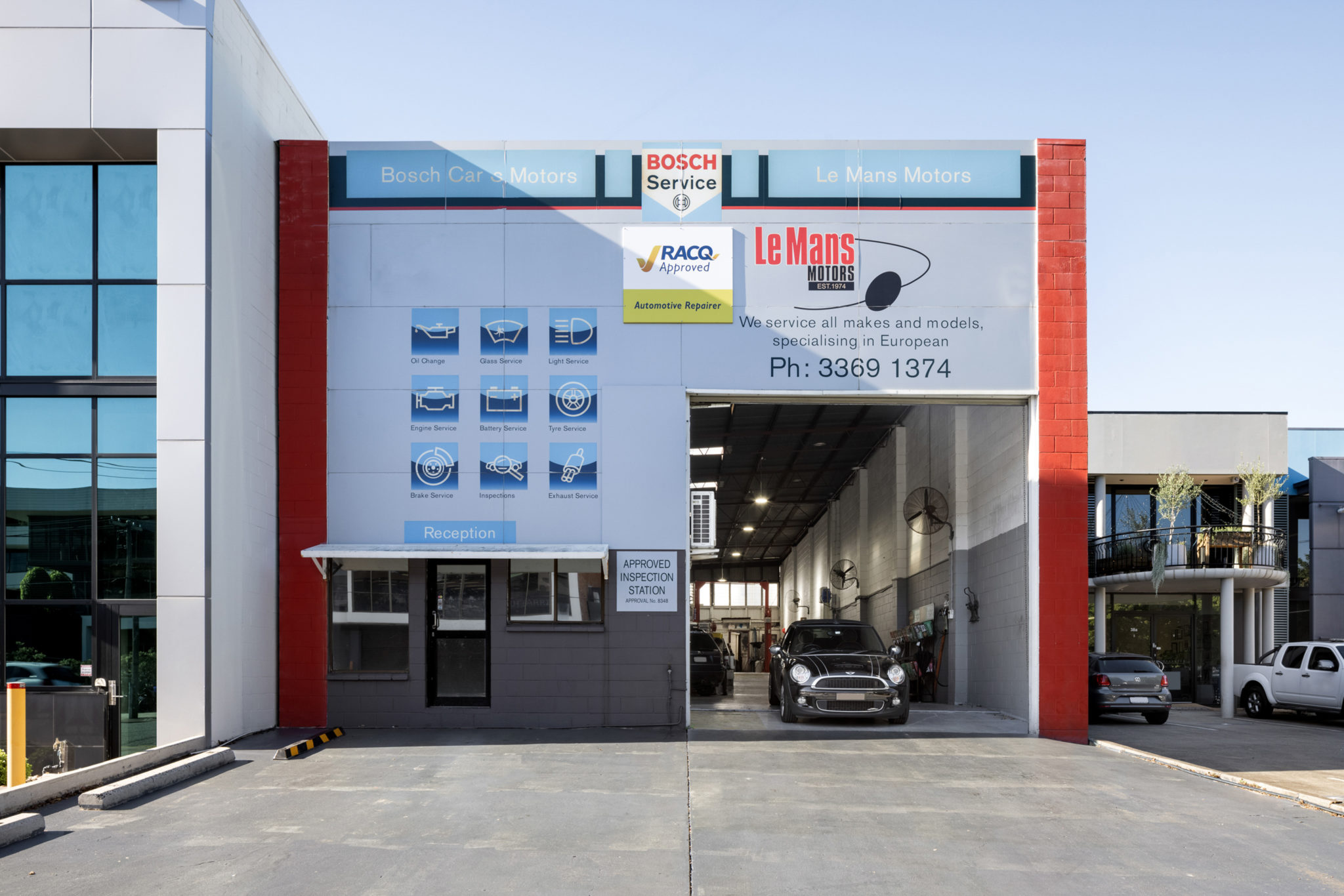Hybrid cars have long copped a little bit of flack. It could be to do with the motorist community’s hatred for the Toyota Prius or it could be an assumption that a lack of fuel means a lack of power. We’re not totally sure. But if you’re thinking of buying a hybrid car, we’ve laid out everything you should consider.
How do hybrid cars actually work?
Obviously, the way that hybrid cars work is somewhat complicated. To explain it really simply, hybrid cars are a “hybrid” between an electric car and a petrol-powered car. Where a fully electric car requires charging, a hybrid does not.
Hybrid cars create their own charge using kinetic energy. So, just as driving your car charges up your car’s battery, driving a hybrid car charges up its battery.
So, the electric side of the car is charged by the internal combustion engine and regenerative braking — a kind of braking that converts that kinetic energy directly into energy that can either be used immediately, or stored.
How do they run?
Just like how all petrol-powered cars are built differently, so are hybrid cars. An Audi r8 and a Hyundai i30 are both petrol-powered cars, but they’re not the same — and no one would expect them to be.
Typically, a hybrid car will have less horsepower than a petrol-powered car. Buuuuut if you’re normally getting around in a 4-cylinder, that little bit less power isn’t a huge deal.
Hybrid cars are built with fuel economy in mind over power and performance, but that doesn’t mean they’ve compromised.
What are the car maintenance considerations for hybrid cars?
Less Wear & Tear
Hybrid cars actually switch off their internal combustion engine in situations where the electric capacity of the car can take over. So, highway cruising and low-speed movement — like parking your car, looking for a car park, or reversing.
It results in way less wear and tear on your parts and your engine. Bonus.
Services = Easier
The petrol-powered engine being paired with the electric motor makes for an easier car service. This means at best, a hybrid car service is slightly cheaper and at worst, it’s about the same as its fully petrol counterpart.
Repairs = Not So Much
The way hybrid cars’ parts are so interconnected can result in slightly more complex repairs than their petrol-powered counterparts. The repairs will take a little bit longer, meaning a slightly higher labour cost.
Let’s break it down:
So, what does it mean? Are hybrids the bees knees or not? Hybrid cars have a range of both pros and cons, and it really does depend on the driver, their needs, and their preferences.
We’ve broken down the pros and cons for you below.
Hybrid Car Pros
Save Money
Through simpler car services, increased fuel efficiency, and obviously, the whole electric motor part of the car — hybrids cost you less week to week, year to year.
Save the Planet
Using less fuel and more clean energy is better for the environment.
(Usually) No Plug-In Required
Most hybrid cars are charged using kinetic energy created in your internal combustion engine and regenerative braking — meaning no plugging in to charge.
Hybrid Car Cons
Initial Spend
A hybrid car is usually going to cost you more than its petrol-powered equivalent. In the Toyota Camry models as an example, the price difference between the petrol and hybrid models is almost $3,000.
The Battery Packs Sometimes Need Replacing
Manufacturers usually offer pretty significant warranties on hybrid battery packs — up to eight years in some cases. Once that warranty does expire though, you’re looking at a fairly hefty price to replace it.
Across those brands like Nissan, Toyota, and Honda, your replacement battery will be around the $3k mark.
—
We’re LeMans Motors, a Brisbane workshop offering car servicing, car repairs, and all things wheels and tyres to all makes and models, book an appointment online.










